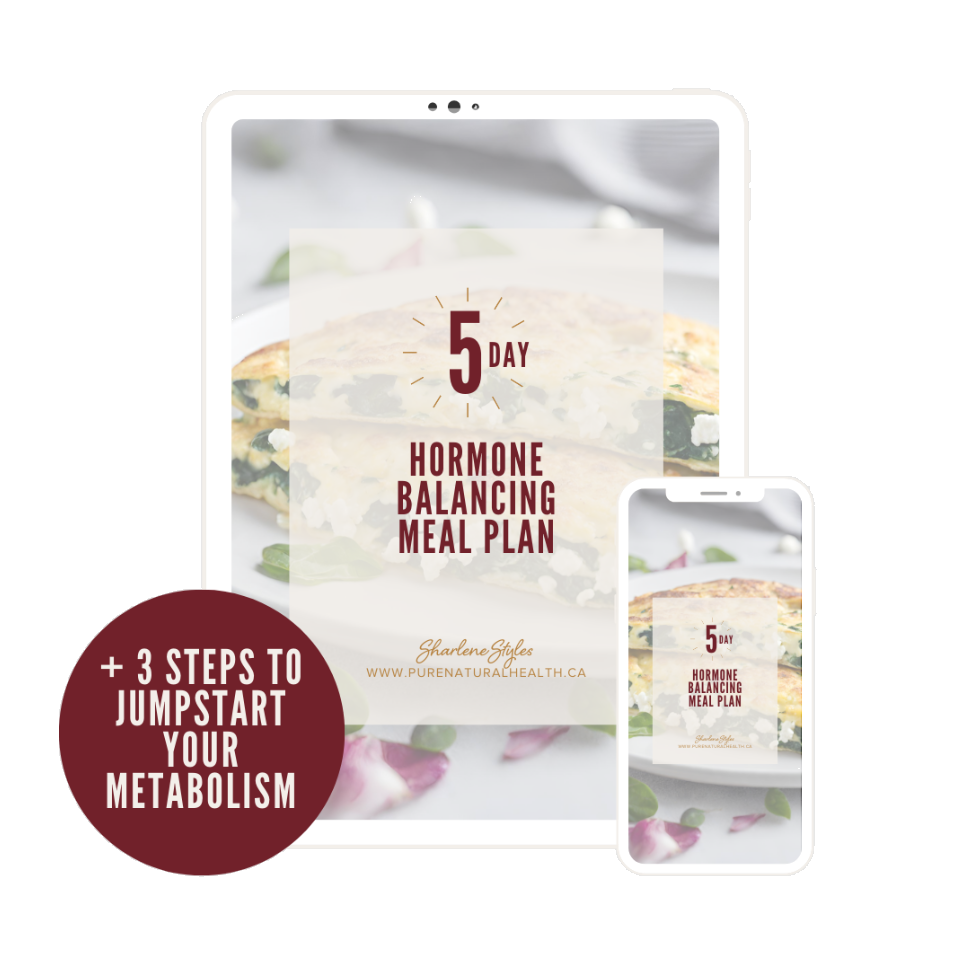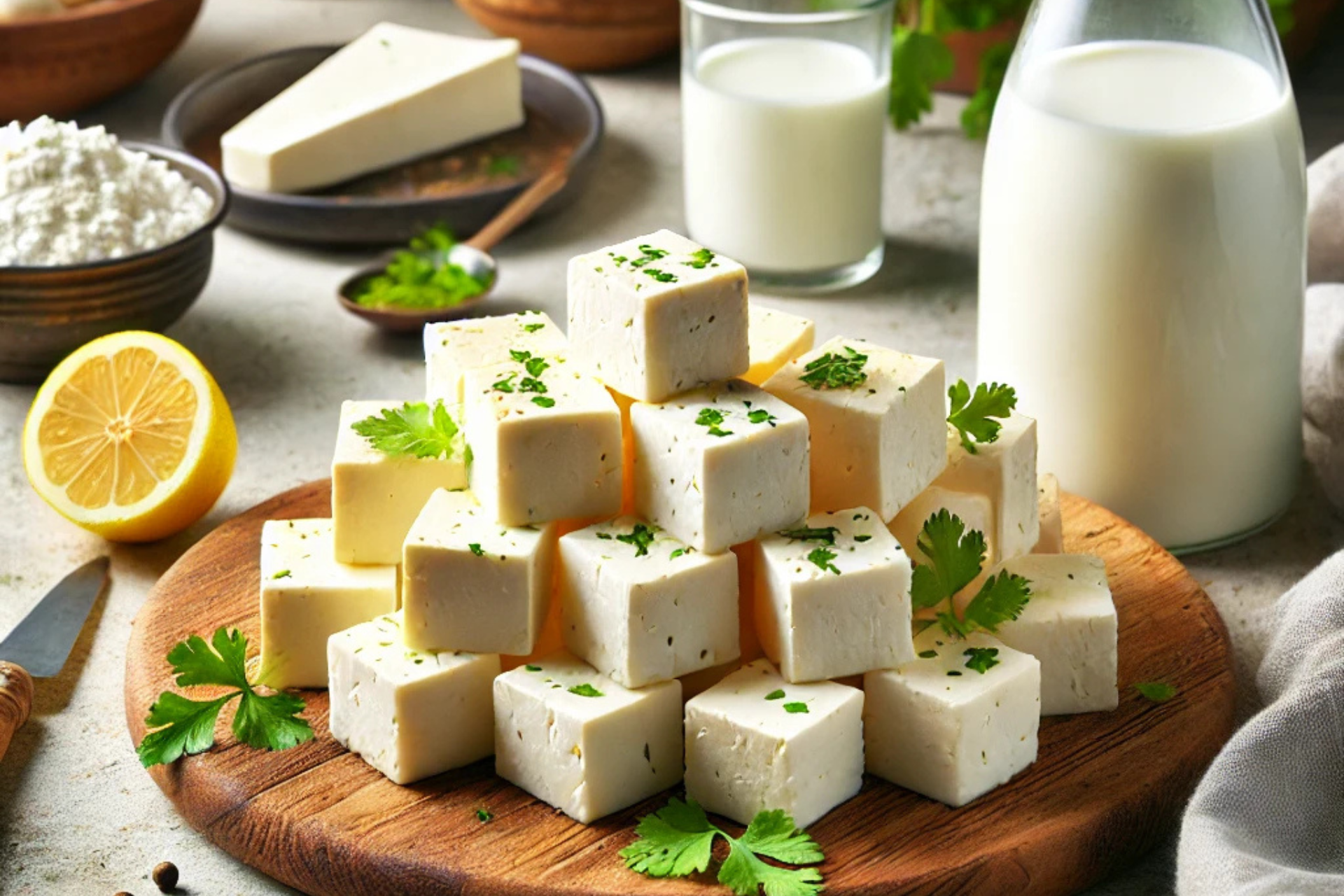Of all the questions I get asked as a nutritionist, the most common one I hear is “what diet do you recommend?”
It seems like a simple inquiry. One that could be answered with one simple word, label or description. In fact, that one question is what led me to study holistic nutrition formally to find my own answers.
Back when I was trying to navigate my own health issues and improve my eating habits and lifestyle, the more I read and researched, the more confused I got. There is so much conflicting information circulating about what works, what doesn’t and why.
How do you decide which diet is best for you? Gluten-free, vegetarian, vegan, raw food, paleo, low carb, low fat, whole 30, keto, intermittent fasting, blood-type diet?
It can be so overwhelming!
After countless hours of formal study, tens of thousands of dollars in trainings and a boat load of experience working with numerous clients, my short answer is: I don’t believe there is any one right diet for EVERYONE.
Probably not the answer that you were looking for. I can relate! I too, wanted a quick, short and an easy answer. Just tell me what to do and I’ll do it. Simple! Right? Not really…
How then, do you decide what diet is right for you with so many opinions and conflicting information out there? I hope I can help you make that decision!
Let’s first look at some common diets that you may have heard of or may be considering:
Paleo Diet
Based on the principle of eating only what our ancestors did in the Paleolithic Era, before agriculture. The concept stems from the belief that our bodies are the same today as they were then, so we should forego foods that did not exist then. This diet avoids all processed foods, including any additives and preservatives. Nice! It also avoids legumes, grains and dairy products. It focuses on eating only whole foods like nuts, seeds, vegetables, fruits, meats and fish in their natural state. The main principle is avoidance of processed foods.
The up side:
When eating a wide variety of acceptable foods on this diet, it can be quite a healthy and balanced option as the main principle is to eat whole foods and avoid processed foods.
The downside:
Often viewed as a meat lovers diet. Some refer to it as modern Atkins diet of high protein, low carb diet, although it’s not. Vegans and vegetarians may have difficultly following this diet as no beans, grains, legumes or soy are allowed. Some may be challenged to avoid grains, beans, legumes even though they are whole foods in their natural state.
Vegan/Vegetarian Diet
The premise of this type of diet is to have a more healthy option than that of the often meat-centric SAD (Standard American Diet). A vegetarian diet avoids all meat products but may include dairy, eggs and occasionally fish. A vegan diet/lifestyle on the other hand avoids consuming, wearing and using all animal products, including honey.
The upside:
Both of these diets have been associated with low rates of cancer, heart disease, and obesity. They both reduce the amount of agriculture and resources required for meat production. The concerns about the welfare of animals and the inhumane handling of them are eliminated with these diets since the use of meat (and all animal products for vegans) are avoided.
The downside:
While both of these types of diets can be a good option for some people, not everyone thrives on them. Consuming adequate amounts of protein, iron and various other nutrients (like B12) can be a concern. Avoiding meat or animal products is the focus, rather than eating good quality plants foods. Eating processed foods, sugar and common inflammatory foods is acceptable with both of these diets.
Raw Food Diet
Based on the concept that cooking or heating foods reduces/destroys nutrients and enzymes in the food. Only raw foods are consumed here; vegetables, fruits, nut, seeds, sprouted grains or products that have not been heated beyond 210º are acceptable. This diet avoids all animal products as well pasteurized or homogenized foods.
The up side:
This diet is based on eating whole foods in their natural state and is therefore generally high in fiber. It can help reduce inflammation, improve digestion and lower cancer risk. It generally alkalizes the body from the amount of plants consumed.
The down side:
Can create nutrient deficiencies like B12, zinc, omega 3’s and protein. Recovery time after exercise may be impaired. May be detrimental for diabetics, those with hypoglycaemia or with low body weight. Can be challenging to uphold in cold weather, especially if yearning for warm/hot foods. For some, raw foods can be difficult to digest.
Ketogenic (Keto) Diet
Derived from a metabolic state (ketosis) that uses fat for primary fuel instead of glucose (carbohydrates). This diet is low in carbohydrates, moderate in protein and high in fat. The ketogenic diet burns your body fat or the fat you consume in your diet as the primary source of overall energy production instead of sugar (glucose).
The upside:
Effective for weight loss, improved brain functioning, lowering insulin and blood sugar levels. Many health conditions (namely epileptic seizures, alzheimer’s, parkinson’s, autism) and metabolic conditions (obesity, diabetes, high blood pressure, high triglycerides, non-fatty liver disease) respond favourably with a ketogenic diet.
The downside:
Often is confused with a high protein diet. This low carb/high fat diet that triggers a metabolic state which is quite unique from any other diet. It emulates the biochemical effects of starvation that prompts weight (fat) loss. The success rate is low because the diet is hard to follow and to maintain a constant state of ketosis and can create nutrient deficiencies (vitamins and minerals) because of the restriction of carbohydrates (fruits and vegetables).
Summary
The foundation of any healthy diet is eating whole, real foods in their natural state and avoiding processed, packaged and refined foods. Remember, the nutrients from the food you eat are used to fuel your body, tissues and cells.
Every single person on this planet is biochemically unique. And just as every human is unique, so too is what works for them. Preferences, morals, religious beliefs, geographical location, access to food, allergies/sensitivities, availability of funds and resources are just a few variables to consider when determining what is best for you.
The best diet is the one that works for you.
And just when you think you have it figured out, the diet that works for you today will likely change as you, your body, your opinions and beliefs change or as you become more self aware and in tune with the nuances of your body and what it needs.
If the route you’ve chosen works for you today, then stick with it. If it’s not working, set out to find a way that does work for you… not what worked 10 years ago or previously, but today. I’d suggest to keep an open mind and accept that your path may be altered in the future. Because it likely will.
Please remember there is more than one path to vibrant optimal health. And what you eat is just one aspect of the journey. Consider what think, say, do and how you sleep as well.
Need help finding what works for you?
You can consider my online lifestyle transformation program The Art of Living From the Inside Out. It’s an educational course to help you make healthy lifestyle changes that include diet, eating and lifestyle habits, self-care, sleep and so much more!
Or, I’m here personally to help you find out what works for you. I work with a handful of select clients that are dedicated to changing their habits by Skype, phone or in person. You can book an appointment here.
May you find the perfect diet that uniquely suits you, your needs, and goals. Keep in mind that you can pick more than one door. In fact, you can open all the doors and choose what you like from each to make your own unique diet with a customized label.
I call mine the “wholetarian”. What’s yours?





